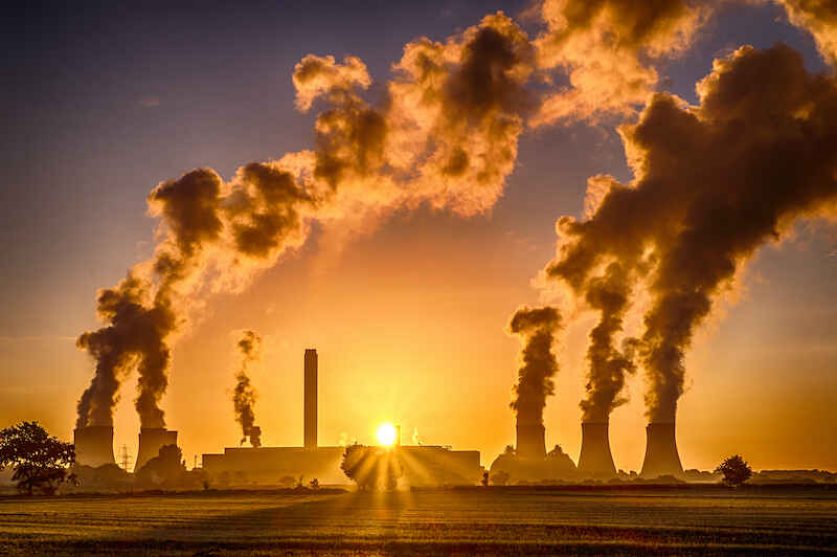
The lives of Britain’s coal power stations could be extended as the country weathers the gas crisis, Energy Minister Greg Hands said, although he insisted the electricity grid would phase out the fossil fuel as scheduled by the end of 2024.
Speaking to the House of Lords’ Economic Affairs Committee, Hands said: “The UK remains committed to the phase-out of coal by the end of 2024, we brought that forward from 2025.
“We remain absolutely committed to that, in terms of what we might do this coming winter, we are keeping our options open.”
Hands’ remarks follow reports that the Business Secretary Kwasi Kwarteng wrote to plant owners Drax, EDF, and Uniper in April, asking them to temporarily delay closures planned for this year.
EDF was scheduled to begin decommissioning its West Burton A plant by September but confirmed it had been approached about extending its life.
“The plan is to start decommissioning the final two units at the start of October 2022, and many processes have already been put in place to achieve that, including reducing the site’s staffing numbers and running down the coal stock,” a spokesperson for the French-owned company said.
“EDF has recently been asked by the UK government to consider what it would take to make West Burton A available next winter and this remains under discussion.”
Meanwhile, Uniper was set to shutter one of four units at its Ratcliffe on Soar plant in the autumn.
Drax already formally halted coal generation at its North Yorkshire plant (pictured) in March 2021, but its two remaining coal units remain open for backup and balancing. The FTSE 250-listed company confirmed that has been asked by the UK Government to consider options for a limited extension of its coal operations.” It said the request “remains under review” and that the company “remains committed to supporting security of supply in the UK”
The firms have also been in discussion with the National Grid Electricity System Operator (ESO) about the subsidies they would require to keep running the plants. EDF said the ESO would have to offer “acceptable terms” so it could buy coal, invest in the plant, and cover operating costs.
Even so, “we would be available on a standby arrangement, like this last winter, supplying at peak periods only,” an EDF spokesperson said.
Britain has all but removed coal from its energy mix over the last decade. Its remaining coal units are used primarily as backup generation, and 2020 contributed just 1.8% of the country’s power. As of Friday, Britain is marking its longest coal-free period since 2020, at over three weeks.
However, a perilous rise in gas prices as a result of supply-chain disruption following the pandemic and tensions with gas-exporter Russia mean Britain is looking at coal as a cheaper option. The gas price spike is forecast to take annual household energy bills to £2,800/year by the autumn and leave millions struggling to afford to heat their homes
The UK isn’t the only country turning to more polluting fossil fuels amid the gas crunch. Germany has put 26 mothballed coal- and oil-fired plants on standby amid fears Russia will turn off the gas taps.
BBC News: “Coal plants asked to stay open longer due to energy supply fears”
The New York Times: “Germany plans to keep coal-fired plants ready in case Russian gas is cut”
Bloomberg UK: “UK Power System Has Longest Coal-Free Run Since Mid-2020”




